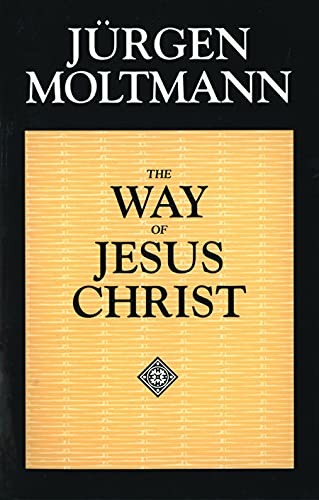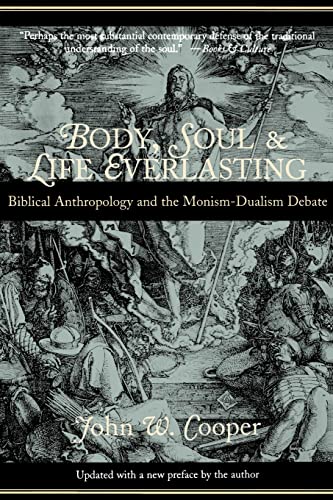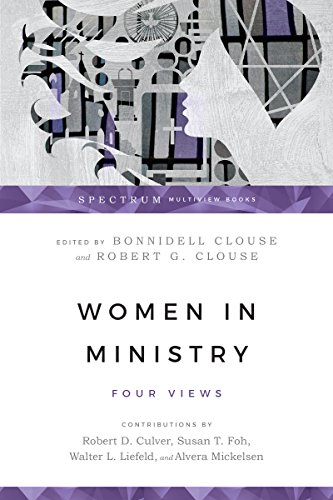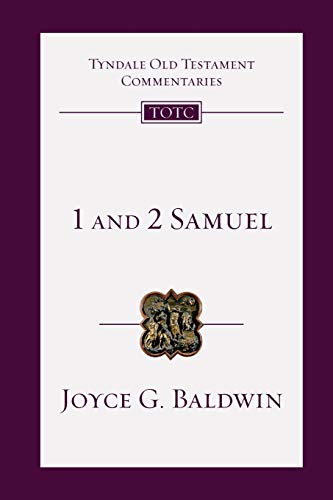Introducing the Old Testament (Oxford Bible Series)
Written by R.J. Coggins Reviewed By Walter MoberlyIt was a pleasure to read this book. Instead of a traditional ‘Introduction’, which systematically works through every book of the OT and discusses questions of date, authorship, composition, etc., this is a fresh and readable account of how modern scholars have sought to understand and interpret the OT.
After briefly noting the issues raised by the name ‘Old Testament’ (a specifically Christian term for Jewish material), Coggins discusses textual criticism, historical criticism, the contribution of archaeology, approaches from the perspectives of sociology, anthropology, liberation theology, feminism, literary criticism and, finally, Israelite religion and OT theology. Coggins is excellent at helping us see why scholars approach the text in the way they do, and is himself always fair-minded in his treatment of different options. He is acutely aware of the limitations of what we really know, and generally avoids the all-too-common habit of presenting hypotheses as though they were facts or making unexamined and questionable value judgments. His discussion of the OT text is always fresh, as in, for example, his ‘suggestions about the relationship of the ending of Amos to the book of Obadiah that follows in the Hebrew ‘Book of the Twelve’ (i.e. Minor Prophets).
I have only two small regrets. First, that Coggins has not said more about the phenomenon of resurgent Jewish biblical scholarship, and the issues this poses for Christian OT scholarship. For example, much of the most perceptive recent literary criticism (e.g. Alter, Sternberg) is from Jewish scholars, and surely relates to the long Jewish tradition of close and imaginative readings of biblical stories. I suspect that Jewish scholars will increasingly create an agenda subtly but deeply different from that of traditional Christian scholarship. Secondly, Coggins is perhaps thinnest in his treatment of OT theology, even though he recognizes that religious concerns still motivate most study of the OT. If one takes such religious concerns with full seriousness, the issues to do with OT theology should surely be at the heart of an introduction to the OT, even in an academic context. Still, one book cannot do everything, and what Coggins has given us is better than most.
Walter Moberly
Durham University







